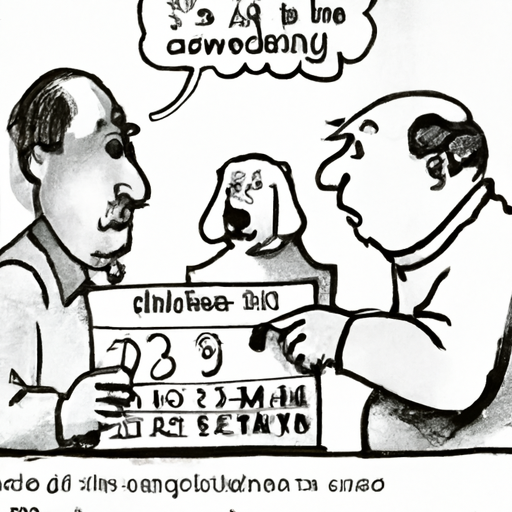Introduction
Hello, dear caregiver! Just like you, I understand how important it is to make the right decisions for our furry friends. We always want what’s best for them, don’t we? Today, we’ll delve into the topic of when is the right time for your dog to be neutered or spayed.
Understanding Neutering and Spaying
Neutering (for males) and spaying (for females) are surgical procedures that prevent your dog from reproducing. These procedures are often recommended for a variety of health and behavior-related reasons. The decision to get your dog fixed is an important one, and knowing the right age to do so can make a significant difference.
Neutering
- Puppies: Often, male dogs can be neutered as soon as they are physically mature, which is typically around six months of age. However, some vets recommend waiting until they are a year old, particularly for larger breeds.
- Adult Dogs: Adult dogs can be neutered at any age. However, older dogs might face more risks during surgery.
Spaying
- Puppies: Female dogs can be spayed as early as two months old. However, many vets recommend waiting until they are about six months old.
- Adult Dogs: Similar to male dogs, female dogs can be spayed at any age, but older dogs may face more surgical risks.
The Pros and Cons of Early Neutering/Spaying
Like any other surgical procedure, early neutering or spaying has its own share of benefits and drawbacks.
Benefits:
- Helps control the dog population
- Reduces the risk of certain types of cancers
- May prevent unwanted behaviors like marking, humping, and aggression
Drawbacks:
- May lead to weight gain
- Could potentially increase the risk of certain health issues, especially in larger dogs
Deciding the Right Age for Your Dog
The “right” age can vary significantly depending on the breed, size, and overall health of your dog. It’s always best to have a conversation with your vet about when to neuter or spay your dog. They can provide the most accurate advice based on your dog’s specific needs.
| Breed Size | Recommended Age for Neutering/Spaying |
|---|---|
| Small Breeds | 6 months |
| Medium Breeds | 6-9 months |
| Large Breeds | 9-15 months |
| Giant Breeds | 9-15 months |
FAQ Section
Q: Is it ever too late to get my dog fixed?
A: While it’s never too late, older dogs may face more surgical risks.
Q: Can neutering/spaying cause behavioral changes?
A: Yes, it can often reduce aggressive and territorial behaviors.
Q: Will my dog gain weight after getting fixed?
A: Some dogs might gain weight due to a decrease in metabolic rate. Regular exercise and a balanced diet can help maintain a healthy weight.
Q: Will my dog’s personality change after the procedure?
A: Neutering/spaying generally does not affect a dog’s core personality.
Q: Is the procedure painful for my dog?
A: Dogs are under anesthesia during the surgery and pain medication is provided during recovery.
Remember, you are your dog’s best advocate, and the decisions you make significantly impact their life. It’s always best to consult with your vet before making any decisions regarding your dog’s health. Your furry friend is counting on you!



